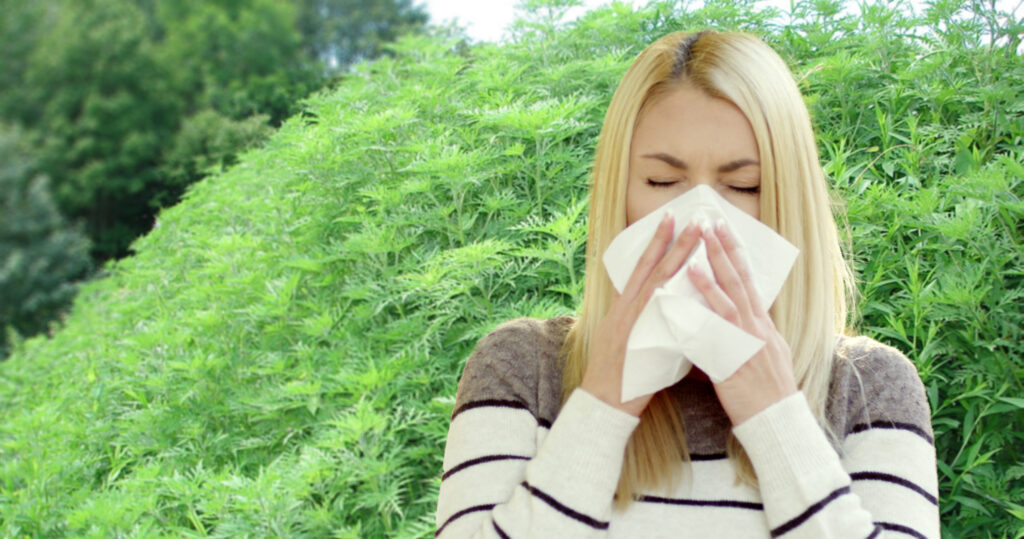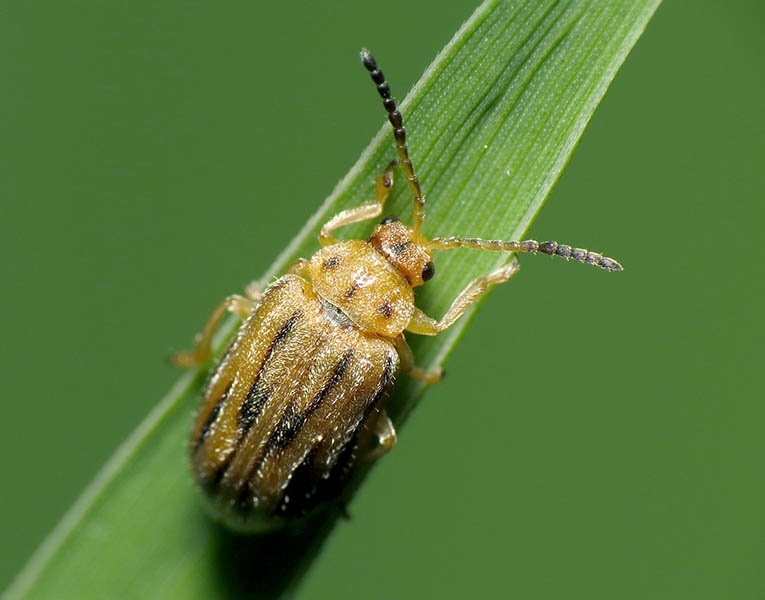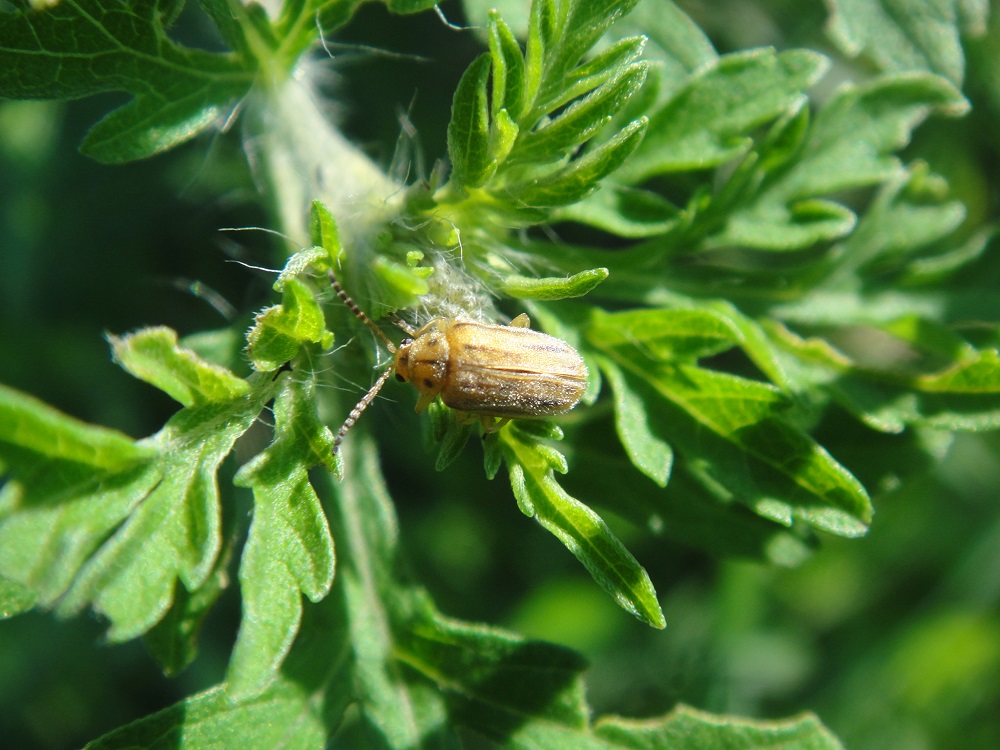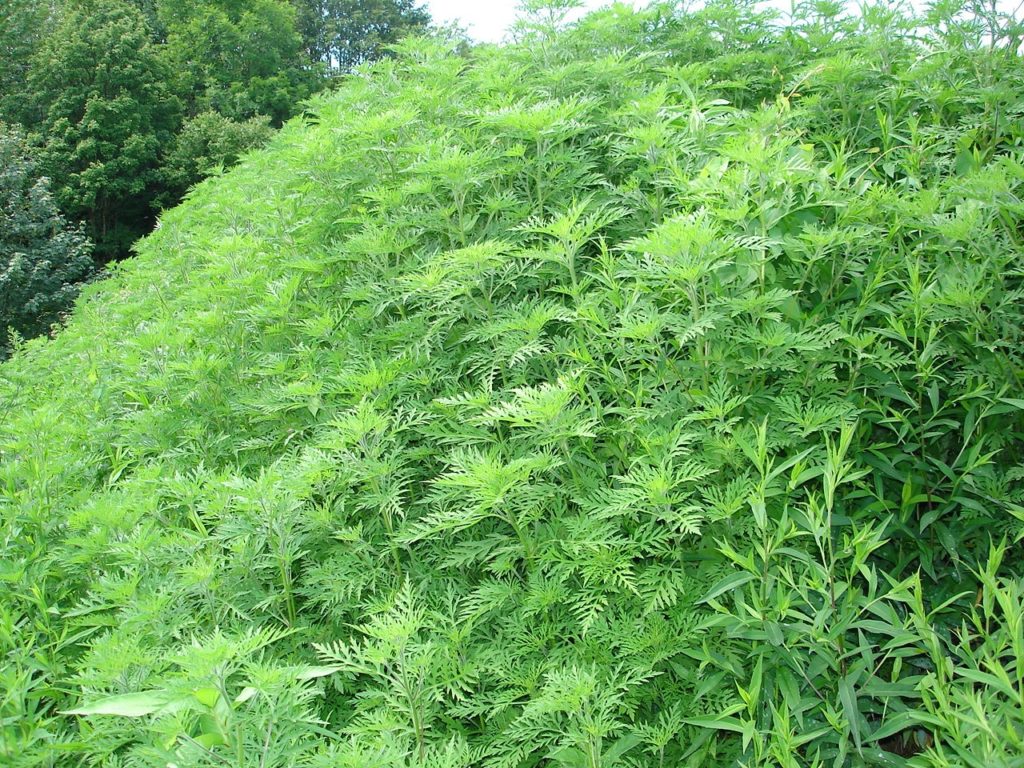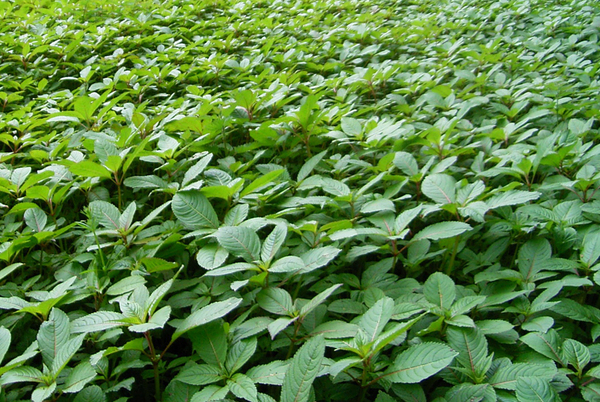Biocontrol: Early season leaf damage could inform us whether a noxious invader produces seeds
CABI scientists suggest a forecasting model could assess the ability of a humble beetle to control Ambrosia artemisiifolia, which causes major crop losses and is a nuisance to human health, as part of a wider management plan that also includes mowing, ploughing or mulching of the fields just before male flower formation.
Breathe easy with biocontrol
One in four people in Europe suffer from hay fever, affecting the quality of life of millions. The average cost of hay fever related diseases amounts to around €600 per patient per year from treatment costs and lost time working. One of the worst offending invasive plants for hay fever sufferers is the North American…
Scientists debate how best to tackle invasive plants across Europe
Some of the world’s leading scientists in the field of alien invasive plants are to debate how best to tackle the scourge of a range of alien invasive plants – some of whose pollen can cause severe irritation in humans and threaten native ecosystems.

